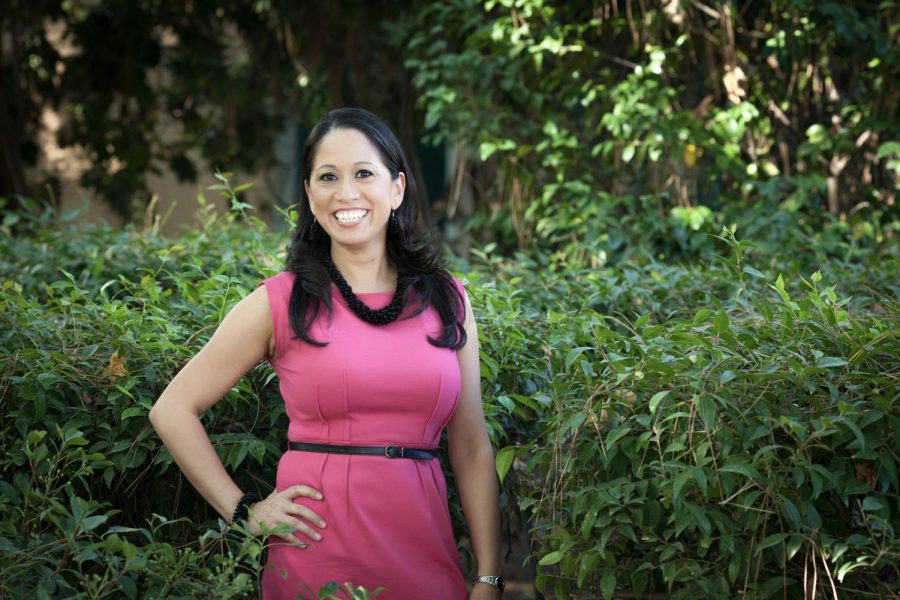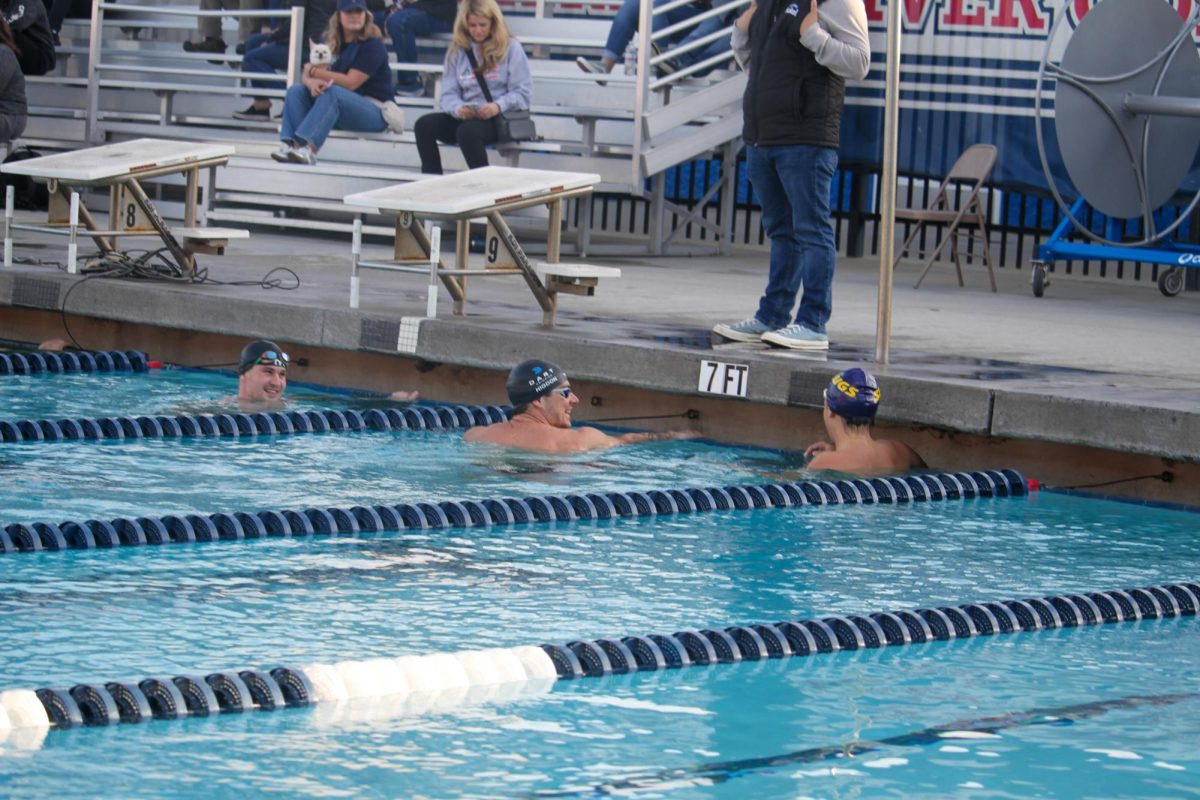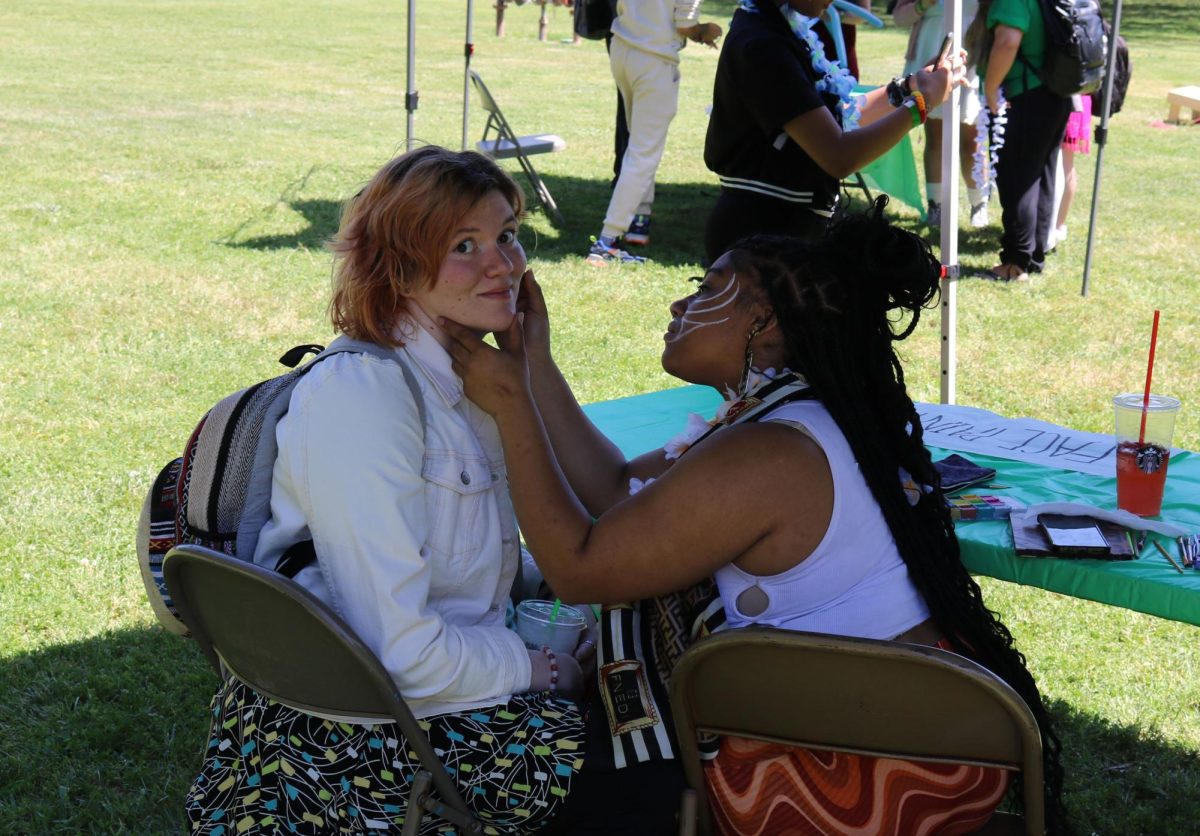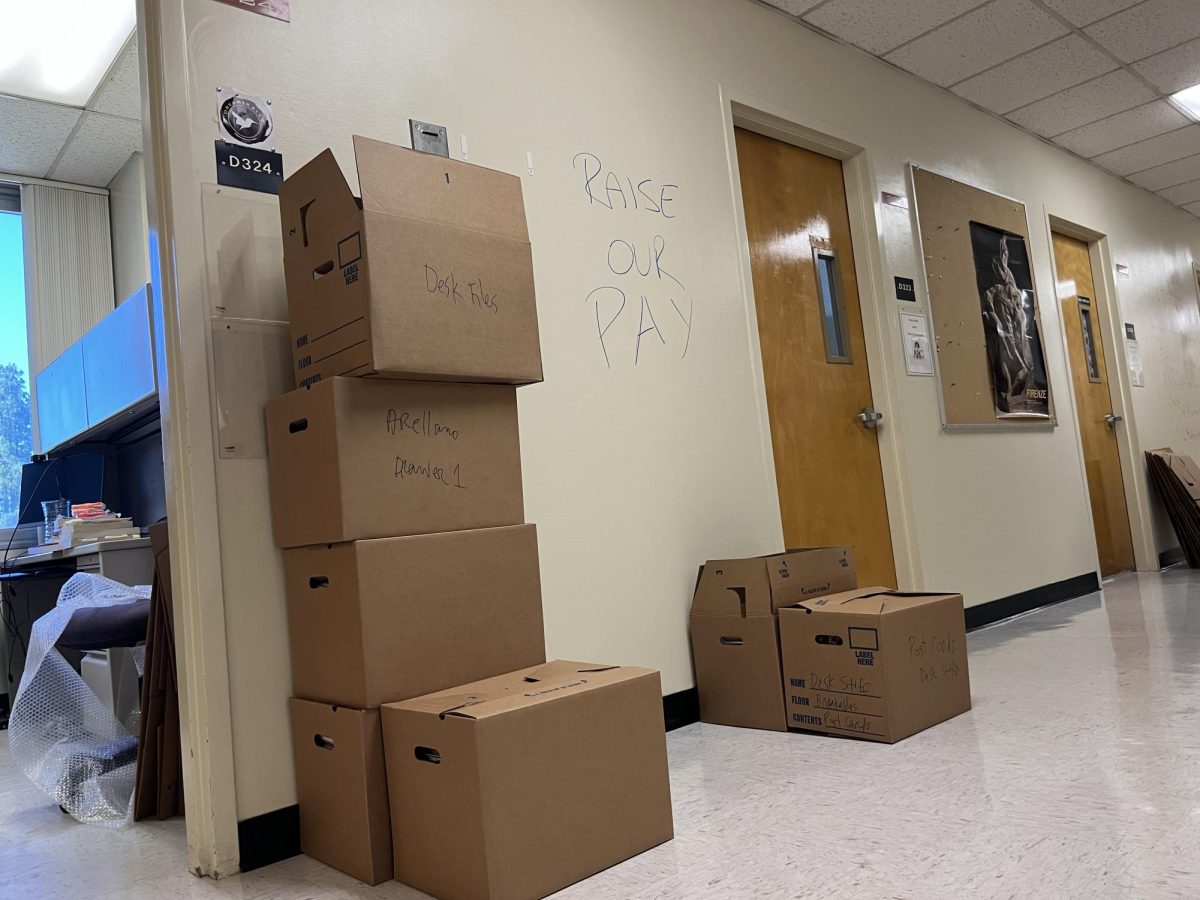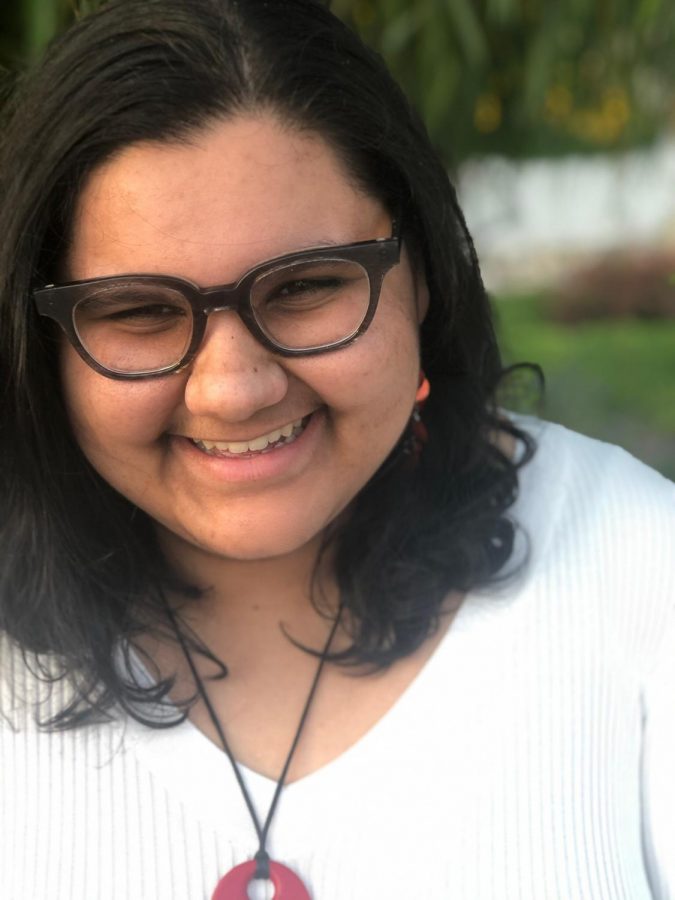Director and ARC Professor Nancy Silva speaks about her play “Antigone,” which has its roots in ancient Greek mythology and a history in theater dating back to 1944. The play, which according to Silva is “interesting and thought-provoking,” opens here at ARC on Nov. 18.
Current: What’s the plot of Antigone?
Nancy Silva: You would need to have that in writing. That’s very long and involved. That’s like asking me “tell me the story of a book (laughs).” There are actually two different plays of “Antigone.” There’s the Sophocles version, which is the Greek version, and there’s the Anouilh version, which is what we’re doing.
What are the differences between the two versions of the play?
The original Sophocles was a Greek tragedy, and in Greek tragedy characters are pre-determined to follow some tragic path. In the Anouilh version, it’s a veiled criticism of the Nazi occupation of France during World War II, so its theme isn’t sort of a pre-determined thing, but is the idea of what an individual can do against an oppressive state. The oppressive state, of course, was Nazi-occupied Germany in the North or the Vichy government—which was the puppet government of the Nazis, a puppet French government put in by the Nazis—in the South.
So what can the individual do to fight occupation by an oppressive regime? And of course that means that that individual would be the French resistance; all those people that ran around, blew up bridges, and did everything they could to try to get these people out of their country.
Why did you choose the Anouilh version for ARC?
When I was a young student I was in both of the plays. I was in the Anouilh play and I also was in the Sophocles play. But Greek tragedies are boring. This is a play that you can relate to, you know? Because we understand what it is to occupy countries. We understand what it is to have to have our country being run in ways we don’t like, but we feel like there’s nothing we can do about it. We totally relate to this play. The ancient Greek one; not so much.
Did you choose it for relevance then, to reflect what’s going on in the world today?
That, and the fact that having been in it as a young girl, I thought it would be enjoyable to direct it. That was my main reason. But it also gives the actors at the school a chance to do a drama. We do lots of comedies and musicals so it was a chance for them to do a real drama.
Have you made any changes to the play to adapt it for a school production?
Yes, set-wise. We’re doing it sort of with the World War II costuming; very suggestive of World War II. But the difference is that I’m doing it in theater in the round, an arena theater, rather than proscenium. The way it’s usually done is with this big staircase in the back, and all the audiences in the front. Well we’ve got rid of the staircase and it’s all about just the actors. So the set is three benches and audience sits all around it.
What were the biggest challenges you’ve faced?
The biggest challenge for me, as a director, was helping the students to perform the play honestly and realistically and not all stagey and dramatic. The biggest challenge of the play is that it’s not a realistic play. Like I changed the chorus part. I divided that into three parts instead of one, giving three actors. And so choreographing that in and having the movement flow—the staging, I guess you would say, was also a big challenge. But exciting, I love it. You know, challenge in a fun way.
Do you think it was difficult for actors to portray it realistically when they play isn’t realistic?
The acting is realistic; the staging is not. I think it’s an interesting play. And I really think the students are getting into the material. I think at first they didn’t know really what to do with it, but I think now they’re starting to get it.
What are the themes that students should take away from the play?
One person can make a big difference in the world if they just believe they can. I mean, she chooses to die, but it’s not, in her mind, not a pointless death. But that’s the thing that, really, audiences have to decide. When you make sacrifices you don’t always know if it’s going to be effective or not, you know?
You have to just leap off the bridge once and a while and just make the sacrifice. I mean, the people that are having a general strike in Oakland, they don’t know that it will really make an effect or not but they’re going to go and do it in hopes it will, right?
That’s basically what she’s doing. She’s making a statement because at that time, a portion of the French people just wanted food on their table so they just put up with being occupied and played along with it. The play ran for 500 performances and passed the German censors, and the Germans didn’t get the idea that the play was all about fighting against them. It ran 500 performances and they never figured it out; that it was a call for the French resistance, to rise up against the Germans.
I know we laugh like how could they (not know)? But yeah, right over their head. You know that’s still happening today, right? People are still occupying countries today. And then there’s always the question: do I fight against it? Or do I just go along so I have food in my stomach and I’m safe? It’s just a personal decision everyone has to make. When things get real bad, then sometimes we’re forced to make that decision.


